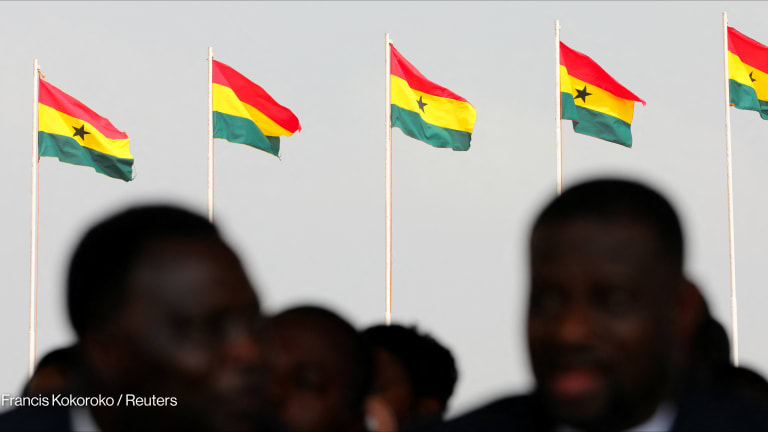Calls for the humanitarian system to involve more local and national organizations are not new — but momentum is growing ahead of the first-ever World Humanitarian Summit in Istanbul later this month.
The United Nations Secretary-General Ban Ki-Moon wants to see more tasks and leadership handed to local actors and the elimination of parallel structures that undermine grassroots efforts. The U.N. High Commission for Refugees’ press office told Devex the agency is committed to “working toward” directing 20 percent of its funding to local or national partners by 2020, up from 12 percent today. And under Charter4Change, a coalition of 22 international NGOs, signatories will channel 20 percent of their humanitarian funding through local and national organizations by 2018.
Yet large donors point to the practical barriers of opening up, and many aid workers don’t expect to see real reform soon. U.N. figures show that local and national NGOs directly received just 0.2 percent of total humanitarian assistance in 2014.








